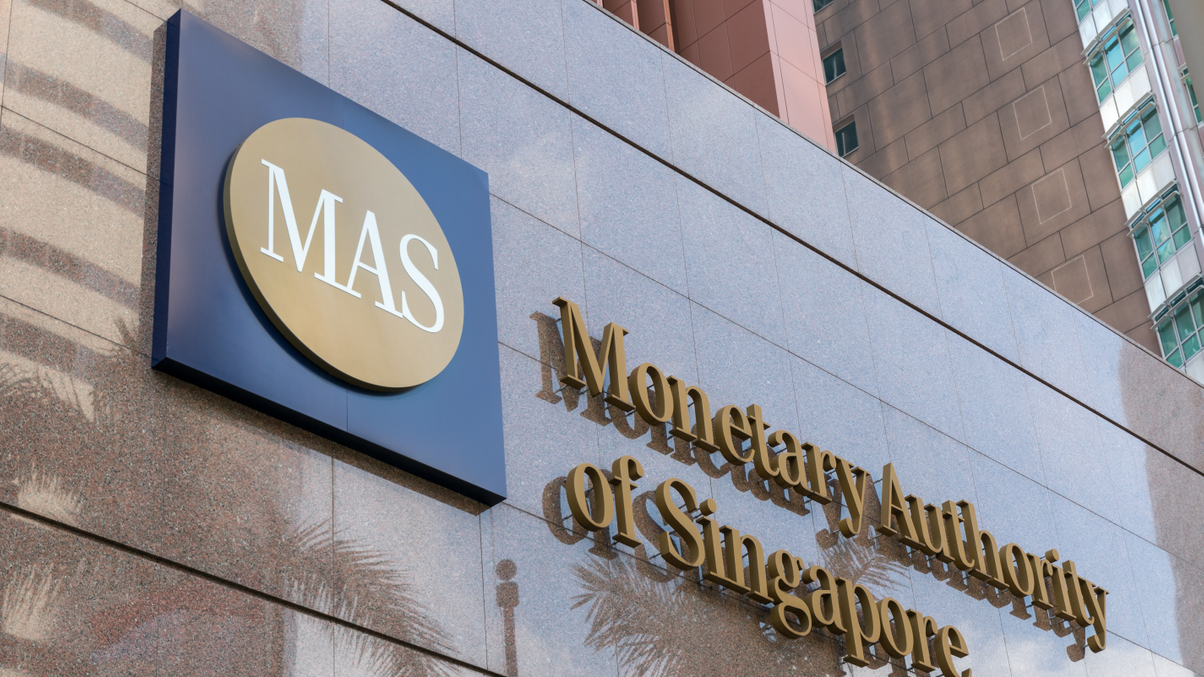Why MAS handed out a $5bn private asset mandate
The central bank hopes to draw more private equity and infrastructure fund operators to Singapore and may yet push more money out to external managers in time.

The Singapore central bank's announcement that it will place up to $5 billion with private equity and infrastructure fund managers is a fillip for the local private financing ecosystem and will encourage more private fund operators to set up shop in the lion city, experts have told AsianInvestor.
Sign in to read on!
Registered users get 2 free articles in 30 days.
Subscribers have full unlimited access to AsianInvestor
Not signed up? New users get 2 free articles per month, plus a 7-day unlimited free trial.
¬ Haymarket Media Limited. All rights reserved.


